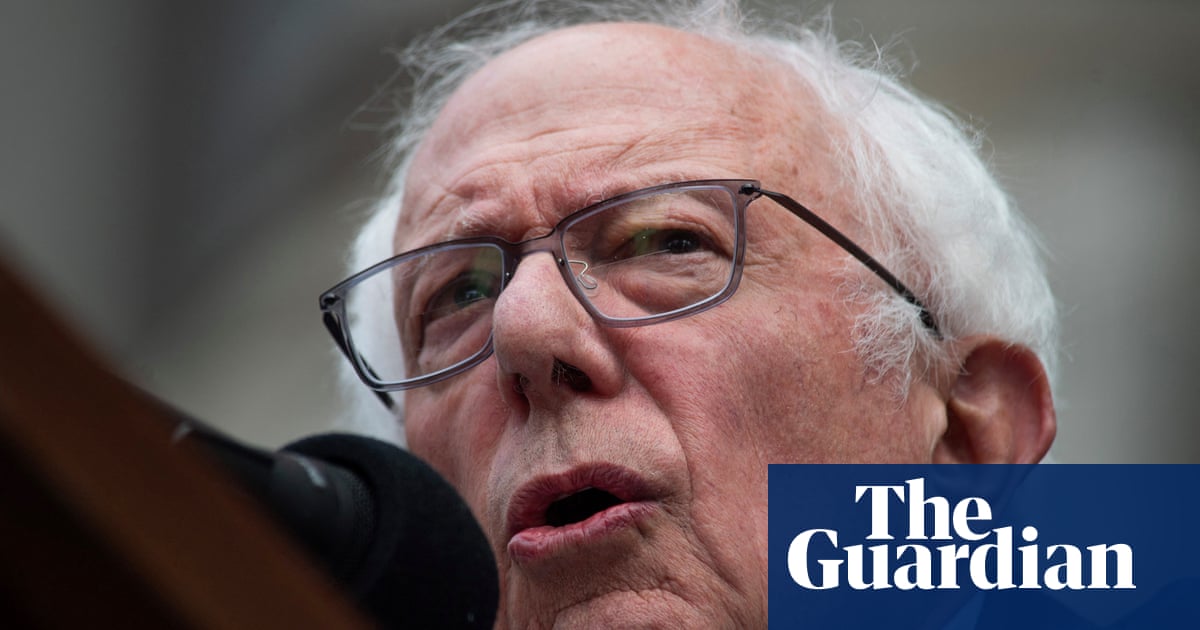BUENOS AIRES, Argentina (AP) — Argentina used to have an extensive, free public health system that pretty much ensured that everybody who couldn't afford private insurance was covered for everything.
But in the year-and-a-half since President Javier Milei rode to power on a promise to eliminate the nation's sky-high inflation and huge budget deficits, the radical economist's austerity program has taken a brutal toll on the nation's public hospitals and its population of poor, retired and unemployed patients who have lost access to vital treatment.
In gutting key federal health agencies, Milei’s sweeping layoffs and deep spending cuts have mirrored moves taken by the administration of his close ally, U.S. President Donald Trump.
Here are takeaways from an Associated Press report about how a libertarian revolution cheered by the global far-right is affecting the health of Argentines.
Life-or-death stakes for cancer patients
President Milei’s suspension of a government agency, known as DADSE, that provided prohibitively expensive medication to uninsured cancer patients and others with rare diseases has left thousands of Argentines without lifesaving treatment.
The changes forced patients to seek help outside the traditional health care system. Some surreptitiously manage to secure spare drug donations via Facebook groups.
Others are not so lucky. A lawsuit filed by patient advocacy groups said at least 60 cancer patients died last year due to the government’s suspension of the DADSE medication program. The AP spoke with four families whose loved ones died while waiting for the agency to pay for cancer drugs that it had covered and delivered before Milei took office.
A federal judge ordered the government to resume drug deliveries, but the state has appealed, saying DADSE no longer exists.
Milei’s spokesperson, Manuel Adorni, did not respond to requests for comment. Health Minister Mario Lugones did not respond to questions on the impact of policy changes.
Officials have also gutted the National Cancer Institute, suspending early detection programs for breast and cervical cancer.
Progress against infectious diseases upended
Since taking office in December 2023, Milei has slashed Argentina’s health care budget by 48% in real terms. His administration fired over 2,000 Health Ministry employees — nearly a quarter of its workforce — including 1,400 over just a few days in January.
Employees describe the worst funding crunch in the ministry's recent history and say the layoffs have allowed an upsurge of diseases once under control.
The National Directorate for HIV, Hepatitis and Tuberculosis has lost 40% of its staff and 76% of its annual budget. Hospitals now face shortages of everything from virus testing supplies to medications to condoms. Patients who have the near-totally drug-resistant form of HIV say they're not being treated.
The cuts have coincided with a surge in sexually transmitted infections. Last year HIV cases spiked by 20% and syphilis by 50%.
Tuberculosis cases also climbed by 25% last year. TB clinics report delays in obtaining test results and say that family members of infected people are not being put on preventive therapy.
Overwhelmed hospitals
The government has curtailed medical coverage for retirees and lifted price controls on prescription medication and private health plans, causing prices to spike by 250% and 118% respectively, official data shows.
Free public hospitals have been flooded with Argentines who dropped their private plans due to increased premiums or who lost their jobs — and with it, social security plans funded through payroll contributions.
Buenos Aires facilities reported a 20%-30% increase in demand in the first quarter of 2025 compared to the same period last year.
Pharmacists have reported drug shortages as mass layoffs caused administrative chaos and the government froze a program that provided basic medications to Argentine public health centers.
With hiring frozen, doctors said they’re handling double the patients they did a couple years ago. Besieged by staff burnout and ever-increasing workloads, Argentina’s leading public Garrahan Pediatric Hospital in Buenos Aires has hemorrhaged 200 medical professionals since Milei took office.
As annual inflation neared 200% last fall, their salaries lost half of their purchasing power. Doctors left for jobs abroad or better-paying work in private clinics. None were replaced. Mass protests and strikes by low-paid medical residents paralyzed Buenos Aires last month.
Vaccines on the chopping block
Milei froze federal funds for immunization campaigns, hobbling vaccine access as Argentina confronts a measles outbreak that in April led to its first measles death in two decades.
Authorities did not renew national contracts with vaccine suppliers, in some cases disrupting deliveries to provinces.
Last month Argentine officials welcomed Robert F. Kennedy, Jr., the Trump administration's Health and Human Services secretary and a longtime vaccine skeptic, for meetings on health policy in Buenos Aires.
Health Minister Lugones, vowed to refocus the ministry's functions on holistic health rather than infectious disease, in line with Kennedy’s Make America Healthy Again movement.
Milei finalized Argentina's decision to follow the U.S. in withdrawing from the World Health Organization, which had provided the nation with discounts on vaccines and medications and helped it track outbreaks.
“Argentina has been one of the most advanced South American countries and here we see it abandoning public health,” said Dr. Stanley Plotkin, an American physician who helped develop the measles vaccine in the 1960s.

 German (DE)
German (DE)  English (US)
English (US)  Spanish (ES)
Spanish (ES)  French (FR)
French (FR)  Hindi (IN)
Hindi (IN)  Italian (IT)
Italian (IT)  Russian (RU)
Russian (RU) 






















Comments